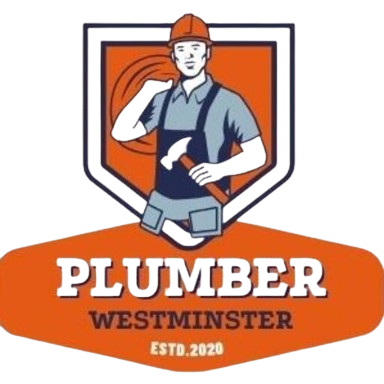Regular Plumbing Checks: Ensuring a Smooth-Running System
Frequently, plumbing problems go unnoticed until they become serious ones. Regular plumbing inspections can prolong the life of your plumbing system and help avoid unplanned repairs. This guide will assist you in carrying out necessary plumbing inspections across your house:
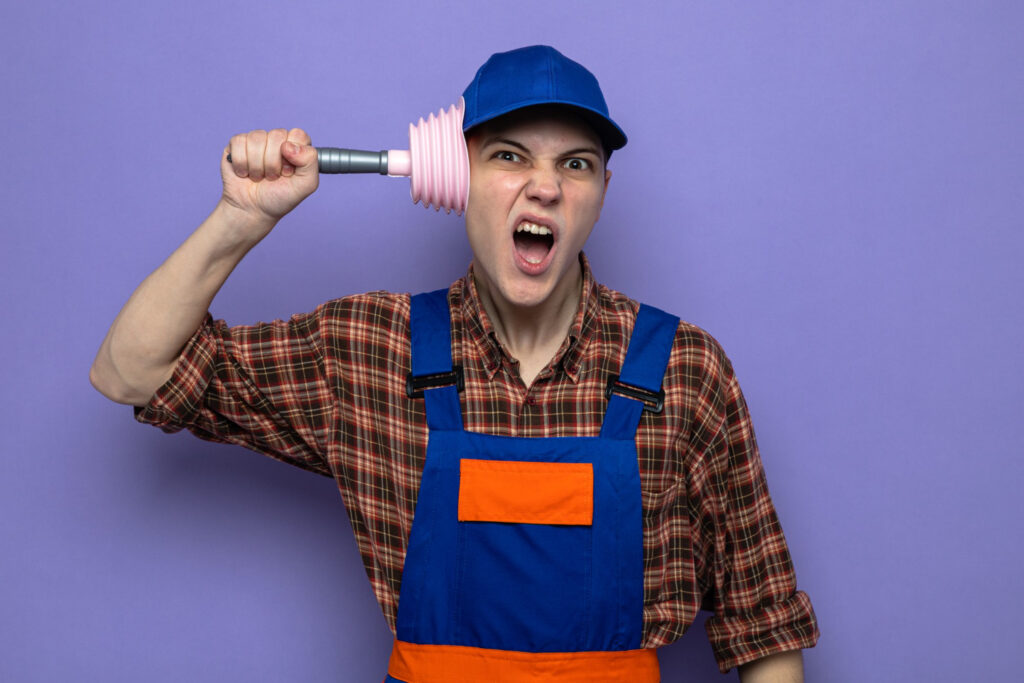
Check for Leaks
Your plumbing system may have leaks in a number of locations, most of which are not immediately apparent. Examine the areas beneath sinks, toilets, and equipment like refrigerators and dishwashers. Larger issues like water damage or the development of mold can result from even little leaks. Check for any indications of puddles, water marks, or damp areas. Early leak repair can help you avoid future expensive repairs.
Verify the water pressure
While high water pressure can put stress on your pipes, fixtures, and appliances, low water pressure may be a sign of a clogged pipe. To determine the water pressure in your house, use a water pressure gauge. 45 to 55 psi is the optimal pressure range. You might need to change your pressure regulator or get more guidance from a plumber if it’s too high or low.
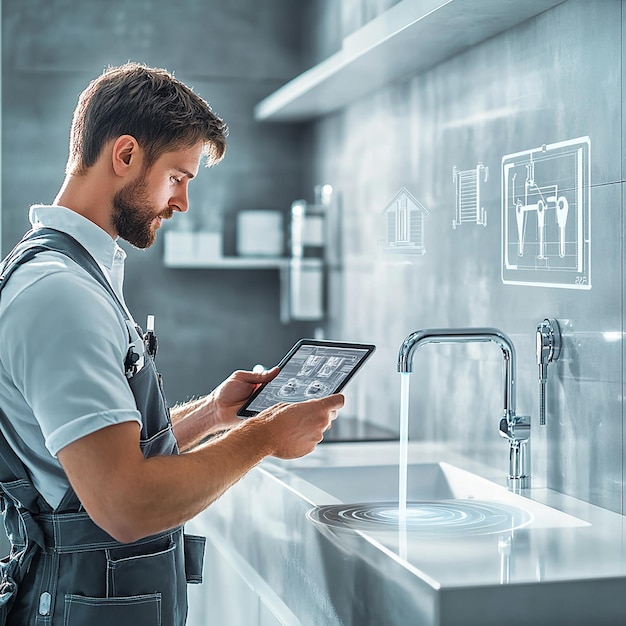
Check the Water Heater
To make sure your water heater is operating correctly, you should get it tested on a regular basis. Check for leaks, odd noises, or indications of rust. A fault may be indicated if the heater’s temperature fluctuates or if you see water collecting around the base. Sediment accumulation might shorten the tank’s lifespan and efficiency, so drain it once a year.
Look for any clogs
Check the drains in showers, bathtubs, and sinks for slow drainage on a regular basis. A blockage may be the cause if water drains more slowly than usual. Keep your kitchen sink free of food scraps, coffee grinds, and grease, and clean the drain covers on a regular basis. Use a drain snake or plunger to clear stubborn obstructions. Steer clear of strong chemical cleansers as they might eventually harm pipes.
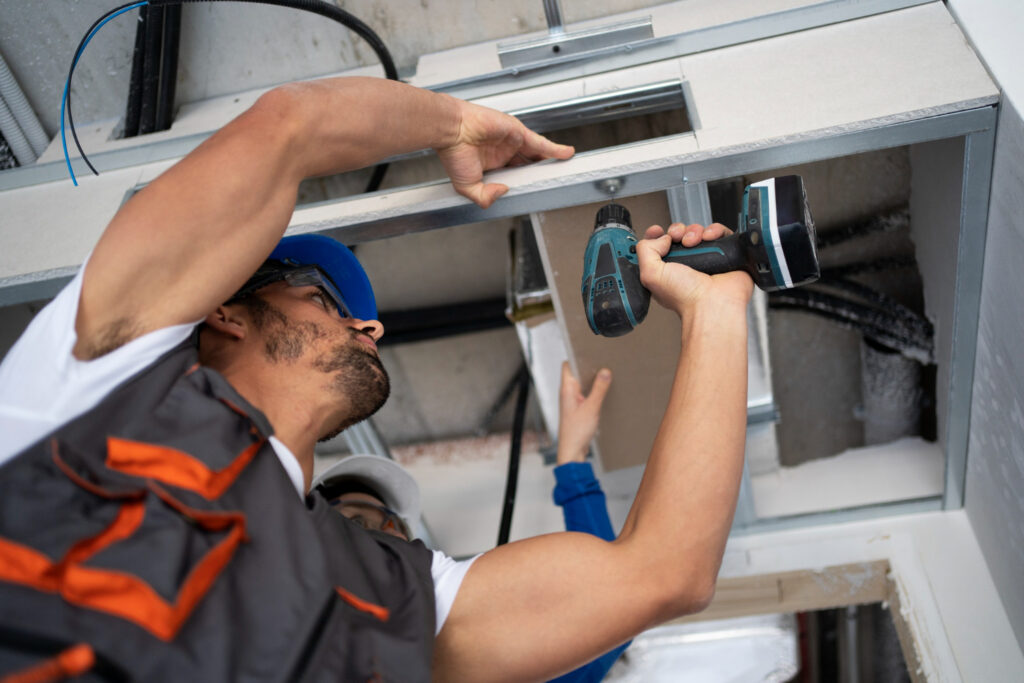
Look at the Pipes
Examine exposed pipes for indications of rust, corrosion, or cracks. PVC pipes can break in harsh environments, but copper pipes are more prone to corrode over time. To avoid leaks or water damage, any obvious damage should be fixed as away. Insulate any exposed pipes in your attic or basement to keep them from freezing during the winter.
Sump Pump Test
It’s crucial to test your home’s sump pump on a regular basis. To ensure that the pump starts and efficiently drains the water, fill the sump pit with water. Your basement may flood as a result of a malfunctioning sump pump, particularly during intense downpours.
Check Toilets
Examine your toilets for indications of wear and tear or leaks. A new flapper valve might be required if the toilet runs constantly or fills more slowly than usual. A leaking seal may be the cause of any water collecting around the base. Make sure it doesn’t take several tries for the toilet to flush correctly.
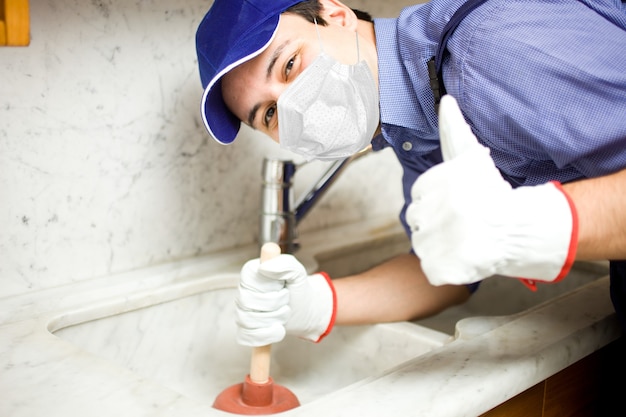
Examine water filtration systems.
It’s crucial to maintain your home’s water filtration system by changing the filters on schedule. Verify that the system is operating efficiently and look for any accumulation or obstructions.
Keep an eye out for odd sounds.
Listen for odd sounds coming from your plumbing system, including gurgling or slamming pipes. These sounds may be a sign of loose connections, air in the pipes, or the need for pipe insulation. It could be time to schedule an inspection with a qualified plumber if you notice noises that don’t go away.

Examine the outdoor plumbing.
Examine your sprinkler system and outside faucets in the fall if you live in a region that experiences cold weather. To avoid freezing, disconnect hoses, empty the system, and cover exterior faucets. Check for any indications of pipe damage or leaks that can compromise the water supply.
Conclusion
Maintaining the integrity of your home’s plumbing system requires routine plumbing inspections. Regularly checking your fixtures, appliances, and pipelines will help you identify any concerns before they become serious ones. It’s recommended to contact a qualified plumber for additional assessment and repairs if you see any indications of damage, leaks, or broken systems.
